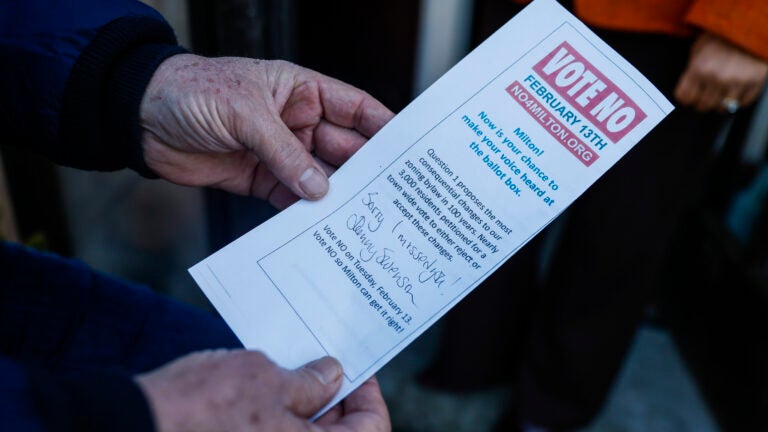I honestly would like to better understand the dynamics in CT that lead to that. Springfield, for example is generally thought of as a relatively rough city, yet it has a murder rate ⅓ that of Hartford 30 minutes down I-91. CT overall has roughly the same number of homicides as MA despite only having half the population. Granted, MA roughly quadruples CT in violent crime overall, but we apparently don't kill nearly as many. Our demographics are similar, similar gun control regimes, equally rich on average. CT may even be richer on PPP terms given the overall cost of living down there. I'd be interested in reading any ethnographies on this subject.- Hartford is struggling with some pretty rough crime/homicide rates - by my math last year was about 30/100k, or about 5.5x the national average - that's high enough to impact demand noticeably.
The experience of driving through it at night/weekends has been unsettling as well - few other cities have I been through that are so utterly deserted in large swaths of the "downtown" area.
I think that feeling is true of any area that's mostly offices that folks don't live though - to your point of no one living in downtown Hartford, this is the curse of zoning. I was recently in downtown Minneapolis on a weekend and it was eeriely empty too, but because the "commercial core" is centered on being a place to work, not being a place to serve residents. The two aren't mutually exclusive - activated ground levels are a good thing - but when people are only there for work it'll be pretty void of folks at night / weekends generally. People don't hang around office blocks, but if there are people around someone will serve that market. Personally, I feel this is why New Haven has a livlier downtown than Hartford or Springfield because it has people living downtown - be it because of Yale or something else.



